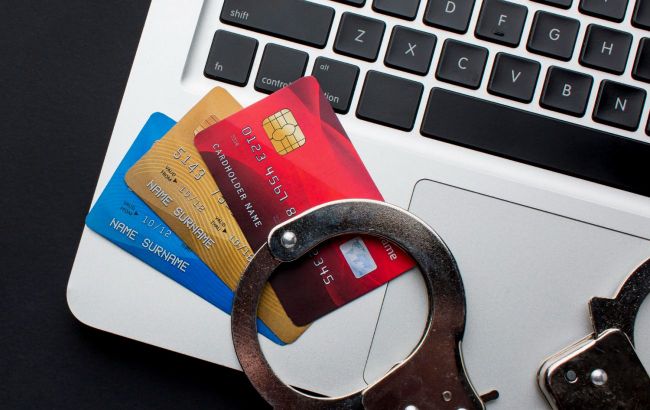Everyday items to lead to theft of personal data
 6 everyday items that can lead to personal data theft (illustrative photo: Freepik)
6 everyday items that can lead to personal data theft (illustrative photo: Freepik)
Many items in our lives can lead to the theft of personal data. Unfortunately, they are often overlooked because people focus on their computers and cloud accounts. However, it is also necessary to be wary of other ways cybercriminals can gain access to your personal data, according to the website WEBIT Services, which specializes in computer technical support.
Old smartphones
Just think of all the information our mobile phones hold. We have synced connections with cloud services. Phones also contain banking apps, business apps, and personal health apps. These are all nicely stored on one small device.
As chip technology has advanced, smartphones now hold more stuff. For example, documents and spreadsheets can now be easily stored alongside reams of photos and videos.
Owners often sell their old smartphones which may not always end up in trustworthy hands. Cybercriminals can access personal data if it has not been properly deleted.
To protect information, wipe old phones by deleting all data. You can also reset settings to remove all personal configurations.
Wireless printers
Most modern printers are wireless and connect to your home or work network. Connecting to your printer from any room is convenient, but the fact that your printer connects to the internet can leave your data at risk.
Most people don't think about printers when using data security protections. But, unfortunately, this leaves them open to a hack. When this happens, a hacker can get data like sensitive documents from the printer.
Cybercriminals could also leverage the printer to breach other devices on the same network.
Protect your printers by regularly updating their built-in software. Always install updates as soon as possible. You should also turn it off when not in use, if it's off, a hacker can't access it.
USB drives
Never connect a USB device of unknown origin to your computer.
Some cybercriminals use USB devices to spread malware and steal data. They place malicious software on them and then leave them in public places as bait. When you connect it to your device, the USB malware can infect your computer.
Old hard drives
Computer hard drives can store other personal data in the system and program files.
Also, if you haven't signed out of your browser, most of your data could be at risk. Browsers store passwords, credit cards, browsing history, and much more.
When disposing of an old computer or removable drive, ensure its memory is clean. Just deleting your files isn't enough. The entire system must be wiped.
It's best to seek help from an IT professional to properly wipe your computer's disk and make it safe for disposal or sale.

